In writing a resume, INCLUDE:
Contact Information
Name, address, phone number, and email address.
Background Information
Summary statement or brief overview—who you are, what you have to offer and/or what sets you apart from all others. This can include business environment experiences, industry key words, skill areas, personal characteristics and general accomplishments. A summary should describe the functional area of your work. Emphasize general background related to employer or industry needs.
Professional Experience
List the company name, your location and your job title on the left side of the resume. Focus on accomplishments backed up by results rather than listing “job duties”; include the dates of employment for all employers listed and list in reverse chronological order, most recent job first. Dates should be listed by month and year on the right side of the resume. Include a short description of the company if it is not generally known. The size or sales volume of the company may be helpful. Always include industry key words so that companies can “find you” in their data base once your resume has been parsed into their system.
Education
List in reverse chronological order, that is the highest degree first; include date, academic honors and grade point only if you are a recent graduate. List degree followed by major, name of institution, city and state. List continuing education and training to indicate you are keeping current with professional development.
Professional Affiliations, Accomplishments and Leadership
On the job performance and leadership activities in professional, civic or community affairs replace hobbies and interest that are not job related. Leadership activities indicate a well-rounded additional skills and abilities.

In writing a resume, DO NOT INCLUDE:
Objectives
In the past, it was popular to state an objective. More recently, however, experts agree that stating an objective will narrow your options. Your true objective is to get the job! Write a Summary statement instead.
References
It is assumed that you will have a prepared reference list available. Save your reference list for the interview and provide it only when requested.
Personal Information
Federal law prohibits employers from discriminating against age, race, sex, marital status, religion, national origin, disability, or sexual orientation. An employer, aware of these legal restrictions, may be reluctant to interview a candidate who has included such information on his or her resume. Also, never include a photograph of yourself. You should only include personal information if the information will enhance your credentials for the job you are applying for.
Salary Information
if you are asked to include this information when applying for a specific job, add it to your cover letter.
- Carefully edit your resume checking for typos, spelling and grammatical errors. Do not solely trust your computer’s spellchecker. Ask someone to proofread for errors you may have missed. Errors may suggest to a prospective employer that your work is careless, that you do not pay attention to details.
- If you want a prospective employer to read your resume, keep it to one or at the most two pages with a font size no smaller than 10. Write brief phrases, it is not necessary to write full sentences. If a “word” does not need to be on the page, leave it off.
- Translate your skills and achievements into action statements. Use action verbs and industry key words to show benefits or results of the work you have performed. Accomplishment statements should indicate your previous success and ability to produce positive results. Think in terms of achievement, success and contributions versus a job description, list of responsibilities or job duties.
- Support all activities and responsibilities with results. Whenever possible, quantify and qualify your results using statistics, percentages, and numbers.
- Do not use personal pronouns as they weaken statements.
- Use present tense in describing your current job. All previous positions should be described in past tense.
- Use professional and technical information when it is relevant. Take special care when using abbreviations or acronyms as prospective employers may have no idea what you are talking about.
- Be truthful, avoid exaggeration and NEVER LIE.
